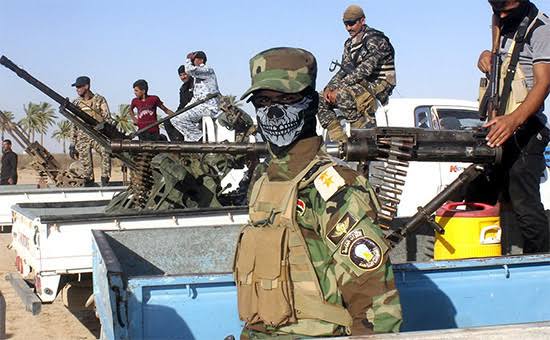Mali’s northern Tuareg rebels said on Thursday that it had killed at least 84 Russian Wagner mercenaries and 47 Malian soldiers over days of fierce fighting in late July, as Russia signalled its ongoing commitment to the Malian military junta.
The rebel movement, the Permanent Strategic Framework for Peace, Security and Development (CSP), previously said it had killed dozens in the clashes around the northern border town of Tinzaouaten, while an al Qaeda affiliate said it had killed 50 Wagner fighters in an ambush in the same area.
Even before the latest death toll claimed by the CSP, the losses appeared to be Wagner’s heaviest defeat since it stepped in two years ago to help Mali’s military authorities fight groups that have been waging insurgencies in West Africa’s Sahel region since 2012.
Neither Mali nor Wagner have said how many troops they lost in the clashes, although in a rare statement on July 29, Wagner said it had suffered heavy losses.
Malian authorities have also acknowledged severe losses in the battle without giving numbers.
The apparent route does not appear to have damaged the outlook for Russian-Malian cooperation.
On Thursday, Russia’s foreign ministry said Foreign Minister Sergei Lavrov had spoken with his Malian counterpart and expressed Russia’s “firm intention to continue rendering the necessary support,” including on socioeconomic issues, boosting the combat capability of the armed forces, and training military personnel. The statement did not mention the recent fighting.
The Russians have been in Mali since the army, which seized power in two coups in 2020 and 2021, kicked out French and U.N. troops that had been involved in fighting Islamist insurgents for a decade, replacing them with Wagner.
The Malian authorities have accused Tuareg and jihadist groups of collaborating, but in its statement, the CSP said it had fought alone “exclusively from the beginning to the end” of the recent clashes.
It said it had taken seven Malian soldiers and Wagner fighters prisoner, as well as seizing a large amount of weapons, ammunition, vehicles, and other equipment.
The Tuareg live in the Sahara desert, which includes parts of northern Mali. Many complain of marginalisation by the Malian government.
Tuareg separatists launched an insurgency against Mali in 2012, demanding an independent homeland called Azawad.
Their struggle later became entangled with an al-Qaeda-aligned Islamist rebellion in the same region.










